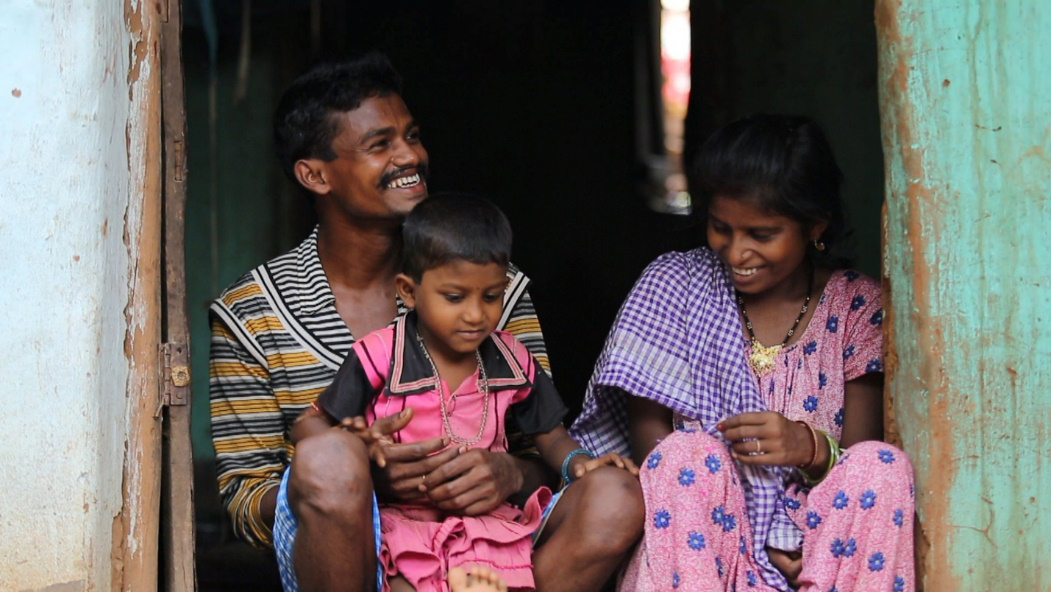
Today, breast cancer is the most common form of women’s cancer. In India, where I live, women suffer disproportionately from breast cancer. Though the incidence is similar to the rate in the U.S. (in both countries, it accounts for about one in four cases of cancer among women), there is a stark difference in mortality. In India, only half of the women diagnosed with breast cancer will survive. In the U.S., nine out of 10 women will reach the five-year survival mark. This unacceptably high death rate in India is due to limited awareness, poor access to diagnostic services, complicated management pathways and incomplete and/or delayed treatment.
Meet the need
Health care infrastructure varies dramatically across India. While urban areas benefit from advanced hospitals and specialized care, rural and tribal areas often lack basic health services, infrastructure and trained personnel. To leapfrog these challenges, and to ensure equitable access, we need context-appropriate innovations.
To meet this need, Jhpiego is collaborating with the Government of Odisha—a state in eastern India with large rural and Scheduled Tribe populations—on multiple initiatives to decentralize care to bring care closer to women. One of our goals is to test these initiatives to see if they can be scaled up from small projects to country-wide programs.
Bring care closer to women
Because of a lack of local diagnostic services, most women with early signs of cancer rely on state or regional cancer institutions, often far from home. There are only two such institutions in Odisha, which has a population of more than 23 million women. To address this barrier, we are working with the Government of Odisha to decentralize services by increasing breast cancer diagnostic capabilities (imaging and pathology) at the district level. The aim is to establish diagnostic services in all 30 districts, so women won’t have to travel as far to receive a diagnosis.
Efforts are still ongoing, but this initiative is increasing access to breast cancer diagnostics as we speak, which is saving lives.
Provide targeted treatments
If diagnosed with breast cancer, women face the hurdle of accessing treatment. Physicians can use biomarker tests to guide personalized, targeted treatments. Until recently, biomarker testing required special expertise and complex, time-consuming and costly lab work, making it less accessible in low-resource settings. These factors delay diagnosis and treatment, substantially reducing chances of survival.
However, across India, recent improvements in molecular diagnostic platforms (e.g., GeneXpert used for tuberculosis and COVID-19 testing) present a remarkable opportunity to provide advanced breast cancer diagnostic solutions to underserved populations.
Be innovative
We worked with the Government of Odisha, the state cancer institute and Cepheid, an innovative technology service provider, to pilot the use of molecular diagnostic platforms for breast cancer biomarker testing. This state-of-the-art technology has been proven in other countries, but it has not been used in public health settings in India.
Our pilot project showed the feasibility of using molecular diagnostics, which provide quick turn-around times and are cost-effective, for public health settings. Since these platforms are available at the district or subdistrict level, the pilot project showed the possibility of making biomarker-based testing available to more women, closer to their homes. This will improve access to targeted therapies that can improve survival and well-being.
We at Jhpiego are bringing powerful tools, in the form of diagnostic solutions, closer to women in their fight against cancer—regardless of where they live.



